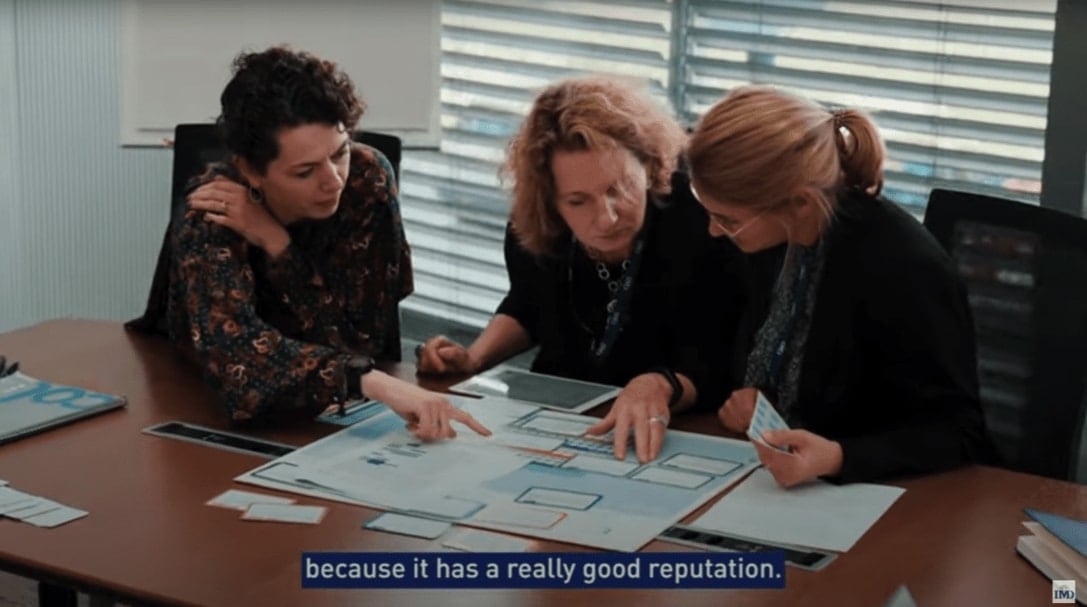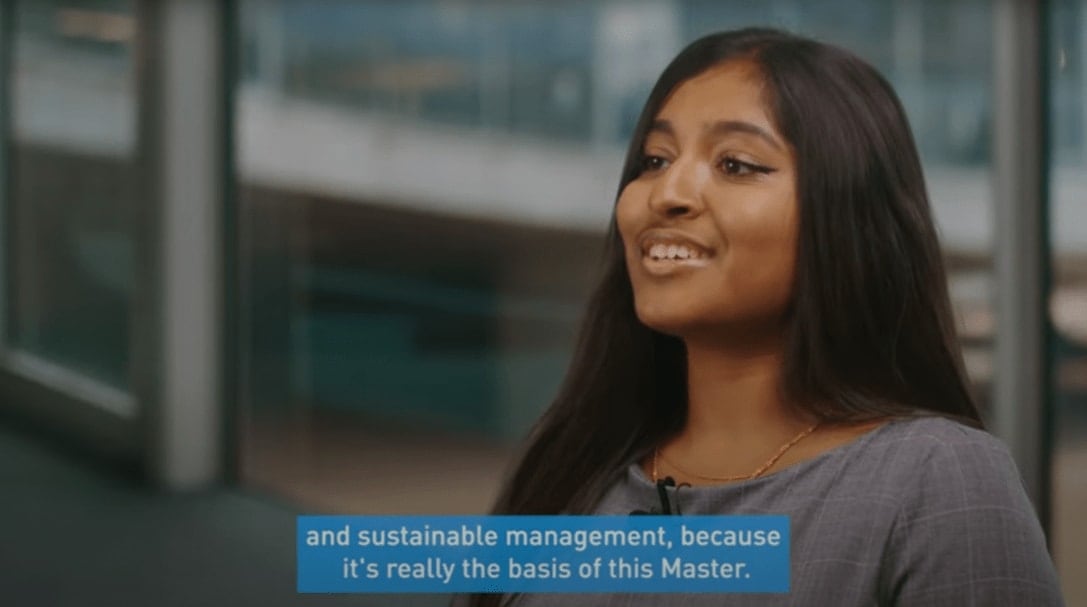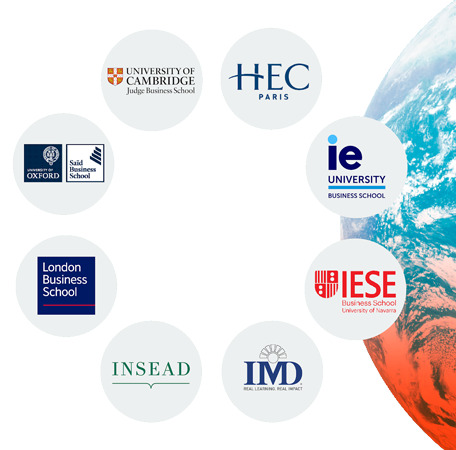Leading sustainable organizations is fast becoming a business necessity, but it is also a strategic opportunity. Organizations and executives can do well by doing good.
While some companies and executives have yet to fully appreciate the possibilities, many are eager to fulfil the evolving social, economic and environmental responsibilities of business and to capture competitive advantage.
IMD is committed to showing leadership on this critical theme, both by setting an example - and the agenda - through the focus and content of its programs, interactions and research, but also by striving to meet the distinct and common needs of executives and organizations as they navigate their own complex sustainability challenges.
“Sustainability is embedded in our purpose and throughout the institute’s strategy and activities,” said Natalia Olynec, IMD’s Head of Sustainability. “IMD advocates for sustainability through our teaching, research, and outreach. At the same time, the institute aims to continuously improve in fulfilling its duty to ensure a sustainable, inclusive campus and workplace.”
In 2021, the institute increased its efforts to put sustainability at the center of its programming and activities. From CXO roundtables, new learning journeys and research to adding expert talent and driving improvements in the diversity of its degree program participants, IMD has established itself at the forefront of sustainability in global executive education.





